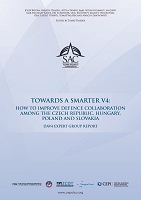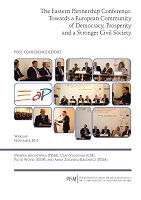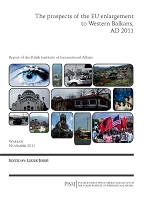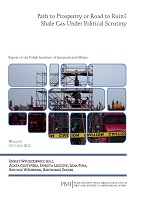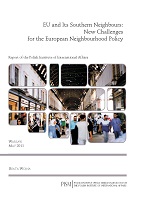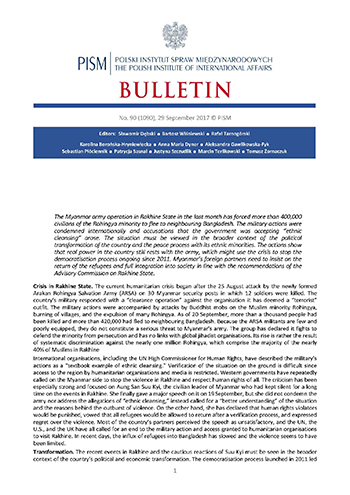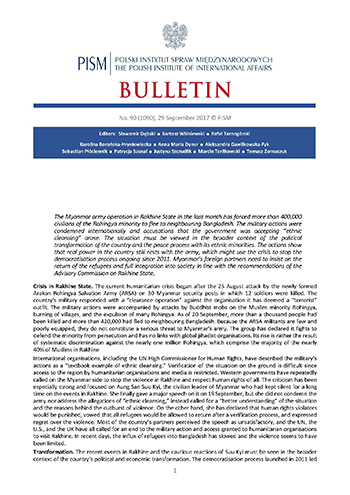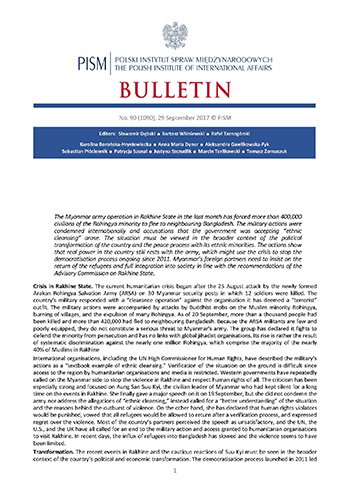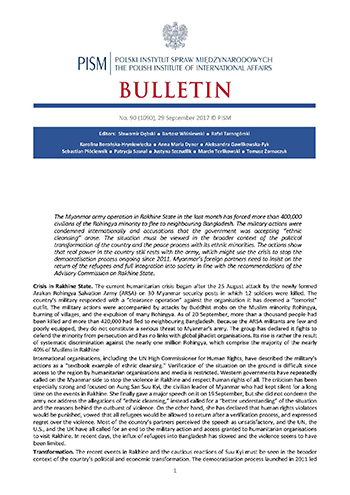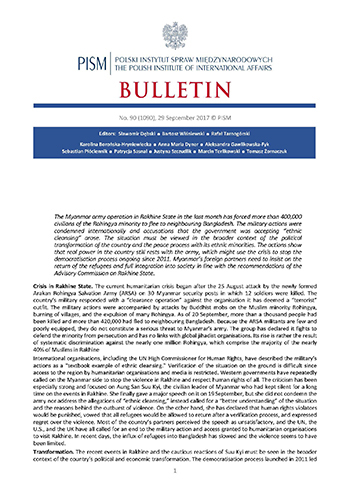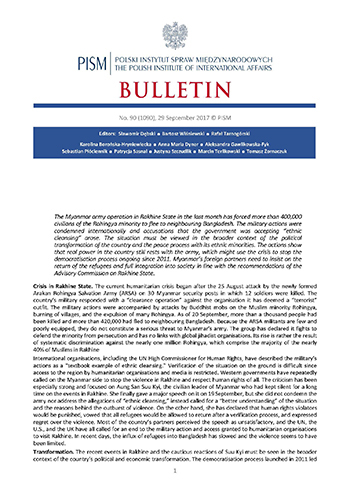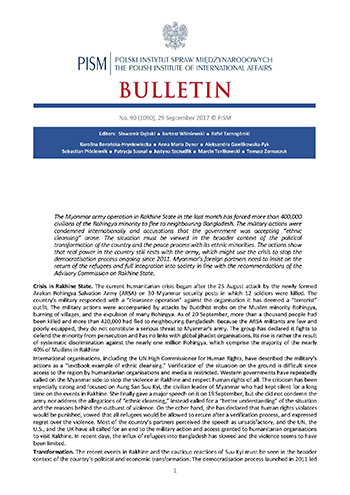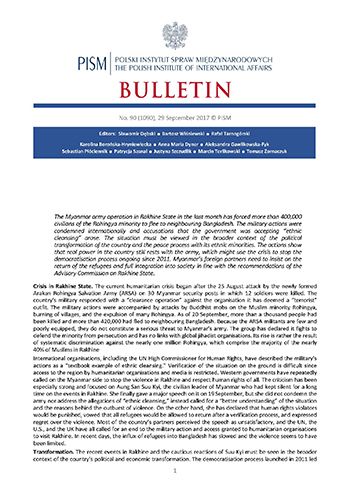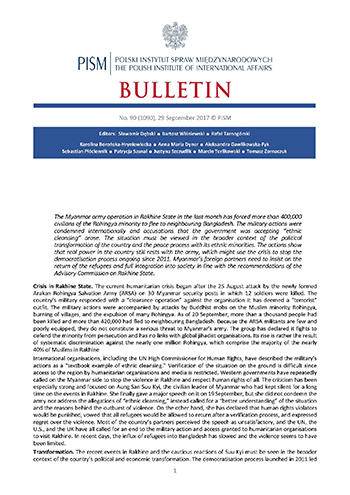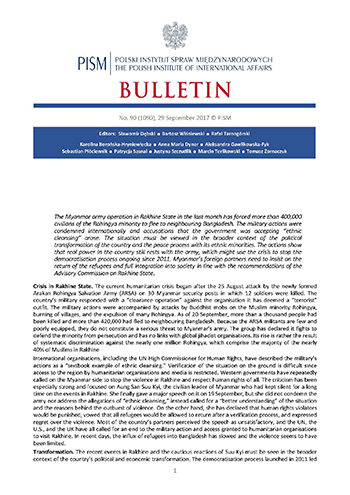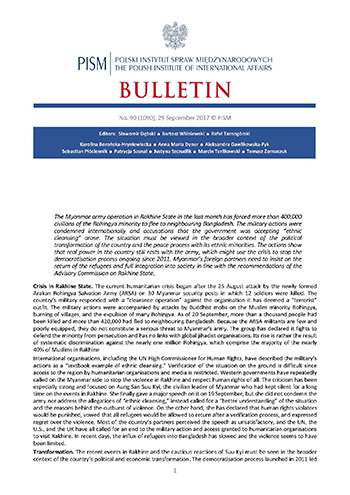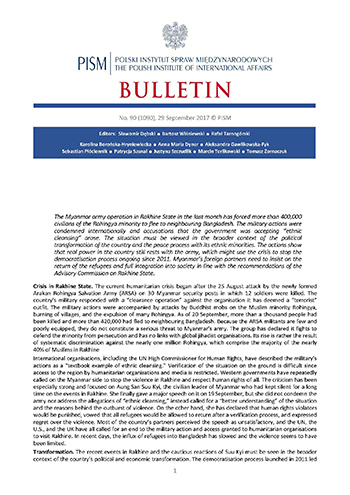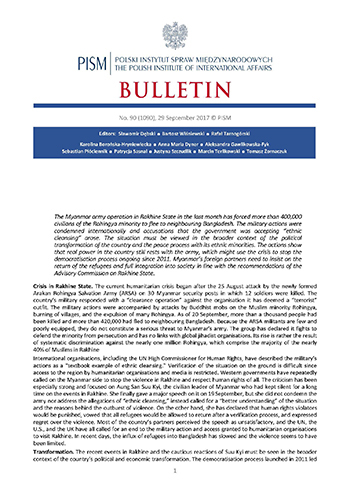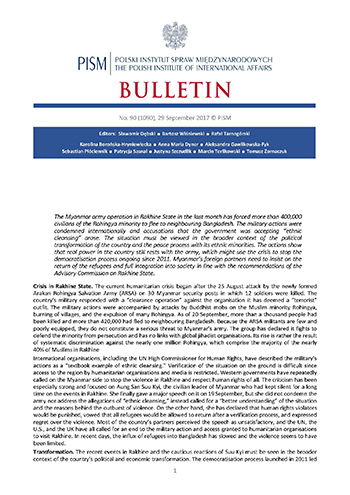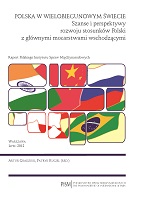
Polska w wielobiegunowym świecie. Szanse i perspektywy rozwoju stosunków Polski z głównymi mocarstwami wschodzącymi
The growing importance of the new emerging powers, particularly the BRIC countries, is one of the crucial process observed in the world system. Taking into account changes in global politics and economy, many countries are striving to reformulate their policies towards those new powers, and it is also necessary do adjust Polish foreign policy to stimulate the development of cooperation with the major emerging powers. The report of the Polish Institute of International Affairs presents the main constraints, challenges, opportunities and perspectives for the development of bilateral relations with Brazil, Russia, India and China. The mounting impact of BRIC on international political and economic relations confirms that more attention should be paid to relations with countries in that group. A strong position within the European Union makes Poland an attractive partner for BRIC countries, but, on the other hand, closer and good relations with the major emerging powers could enhance Poland’s stance in the EU and offer it more leverage on shaping the Union’s external relations.
More...
